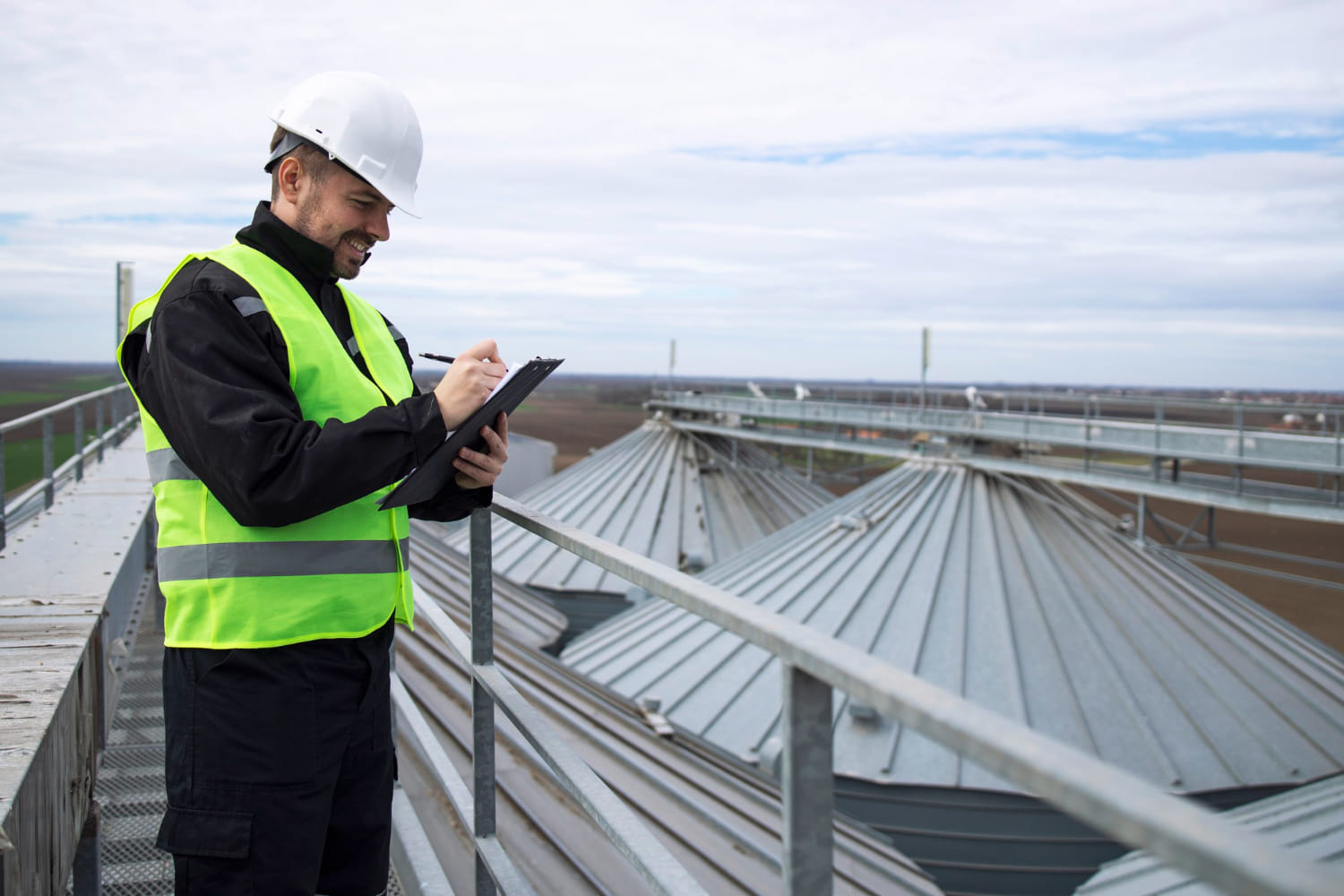The Benefits of Partnering with a Professional Industrial Roofing Company
Last winter, a manufacturing plant in South Auckland lost $340,000 in damaged electronics because its roof leaked during a storm. The owner had used a residential roofer to save money. Big mistake. Industrial roofs fail differently from house roofs, and when they go wrong, the costs pile up fast.
That’s why bringing in a proper industrial roofing company isn’t optional—it’s financial protection disguised as construction work.
They Understand Thermal Movement
Here’s something most people miss: a 5,000 square metre metal roof expands and contracts by nearly 100 mm between summer and winter. Residential roofers don’t account for this. They fix panels tightly, which works fine on a house. In a warehouse, those panels buckle within eighteen months. Specialists design expansion joints and use floating fastener systems that move with the metal instead of fighting it.
Insurance Companies Actually Care About This
Your insurer won’t tell you upfront, but they’ll deny claims if unlicensed contractors did the work. I’ve seen it happen. A food processing facility had $180,000 in spoiled product after a roof collapsed under snow load. The insurance assessor found out that a general builder installed it. Claim denied. A qualified roofing company in Auckland comes with the paperwork insurers need to pay out when things go sideways.
They Know Which Shortcuts Kill Roofs
Cheap contractors skip the vapour barrier to save two days of labour. That barrier costs maybe $8,000 on a medium warehouse. Without it, condensation forms inside the roof cavity, rotting the structure from the inside. You won’t see the damage for five years, then suddenly you’re replacing the entire roof instead of just resurfacing it. Professionals install boring things like vapour barriers because they’ve seen what happens when you don’t.
They’ll Tell You When Not to Replace
A patch job sometimes makes more sense than a full replacement. Dodgy operators always push for the bigger job. Decent contractors assess the roof honestly. Maybe you’ve got another eight years left with some targeted repairs. Maybe that $15,000 fix buys you time to budget properly for a replacement. Someone trying to fleece you won’t mention these options.
Their Crews Don’t Learn on Your Building
Industrial roofing crews need specific training. Walking on different roof types without damaging them, sealing penetrations properly, and understanding which adhesives work in cold weather. Residential guys learn this stuff on your roof, making expensive mistakes along the way. Experienced teams have done hundreds of industrial jobs. Your building isn’t their training ground.
The Real Cost Difference Isn’t What You Think
Yes, professionals cost more upfront. But here’s the maths nobody does: a proper industrial roof lasts 25-30 years. A cheap job needs major repairs by year twelve. Factor in production losses during those repairs and the cost of the repairs themselves, and you’re spending 40% more over the roof’s lifetime by going cheap initially. The expensive option ends up cheaper.
They Actually Show Up for Warranty Work
Call a cowboy roofer three years later about a leak and watch how fast that number stops working. A professional industrial roofing company has a physical office, an established reputation, and actual motivation to honour warranties. They’re bidding on the factory going up next door. They can’t afford to ghost you when problems surface because everyone in industrial circles talks.
Cowperthwaite Roofing has kept Auckland factories dry since 1987. We’ve seen every way industrial roofs fail and know how to prevent each one. Ring us before the next storm finds the weak spots in your current roof.
